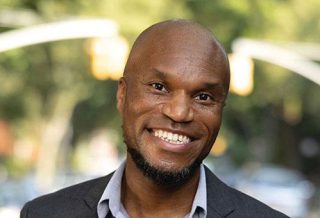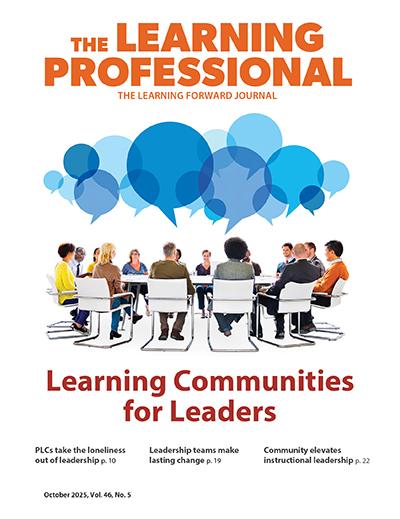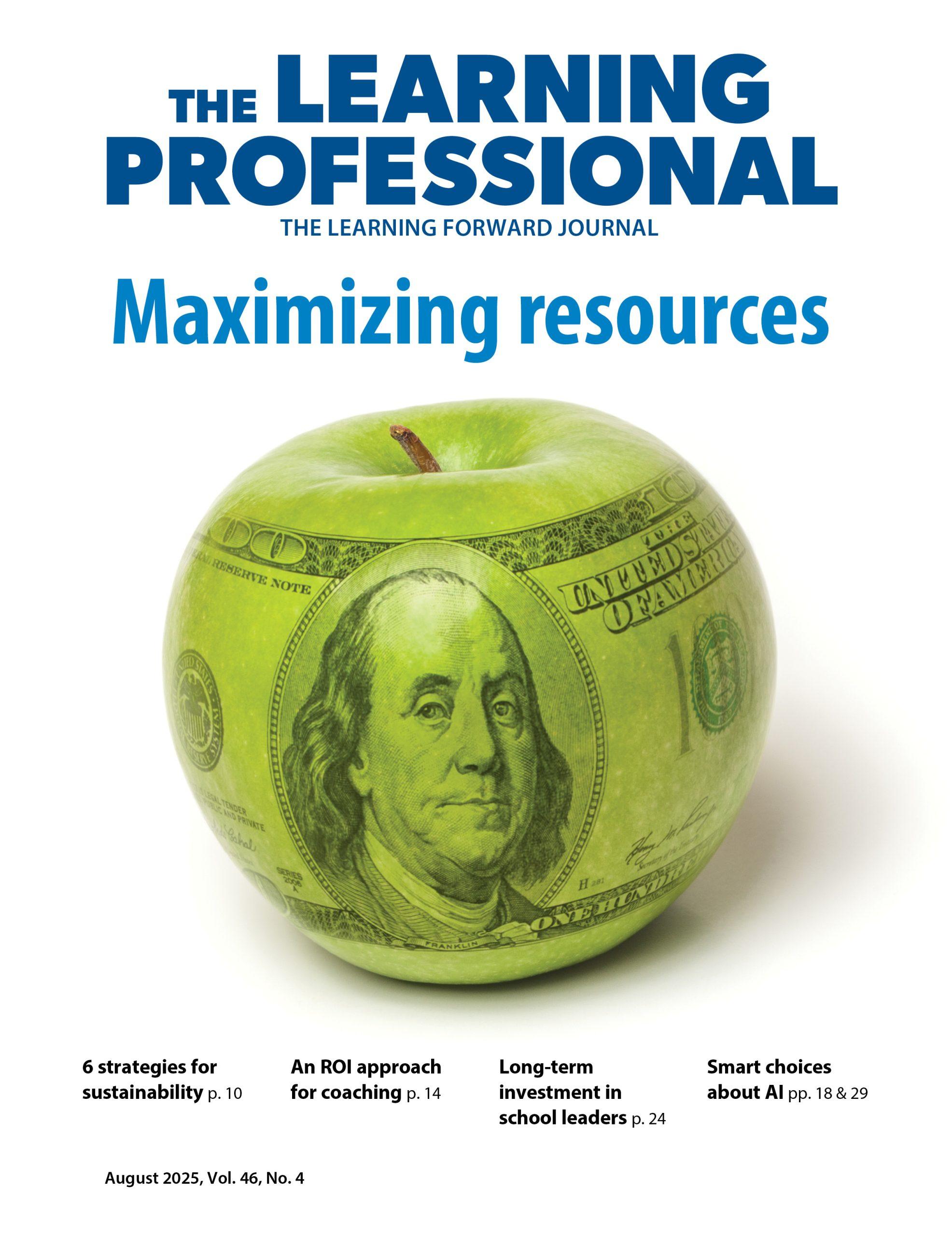FOCUS
For curriculum quality, cultural representation matters
By Tanji Reed Marshall
Categories: Instructional materials/curriculum, Leadership, Reaching all studentsDecember 2021
Read the remaining content with membership access. Join or log in below to continue.
Sed ut perspiciatis unde omnis iste natus error sit voluptatem accusantium doloremque laudantium, totam rem aperiam, eaque ipsa quae ab illo inventore veritatis et quasi architecto beatae vitae dicta sunt explicabo. Nemo enim ipsam voluptatem quia voluptas sit aspernatur aut odit aut fugit, sed quia consequuntur magni dolores eos qui ratione voluptatem sequi nesciunt. Neque porro quisquam est, qui dolorem ipsum quia dolor sit amet, consectetur, adipisci velit, sed quia non numquam eius modi tempora incidunt ut labore et dolore magnam aliquam quaerat voluptatem.
Curriculum evaluation tools
Assessing Bias in Standards and Curricular Matter (Great Lakes Equity Center)
Culturally Responsive English Language Arts Curriculum Scorecard (New York University)
Guidelines for Improving English Language Arts Materials for English Learners (English Learners Success Forum)
Improving Representation and Diversity in Open Education Materials (OpenStax, 2020)
The Knowledge Map (Johns Hopkins Institute for Education Policy)
New York State Culturally Responsive Sustaining Education Framework (New York State Education Department & The New York University Metropolitan Center for Research on Equity and the Transformation of Schools)
Social Justice Standards – The Teaching Tolerance Anti-Bias Framework (Teaching Tolerance/Southern Poverty Law Center, 2018)
References
Adichie, C. (2013). The danger of a single story. Facing History & Ourselves. www.facinghistory.org/holocaust-and-human-behavior/chapter-1/danger-single-story
Bishop, R. (1990). Windows and mirrors: Children’s books and parallel cultures. California State University, San Bernadino Reading Conference.
Dahlen, S.P. (2016, September 14). Picture this: Reflecting diversity in children’s book publishing. readingspark.wordpress.com/2016/09/14/picture-this-reflecting-diversity-in-childrens-book-publishing/
Dahlen, S.P. (2019, June 19). Picture this: Diversity in children’s books 2018 infographic. readingspark.wordpress.com/2019/06/19/picture-this-diversity-in-childrens-books-2018-infographic/
Ladson-Billings, G. (1995). Toward a theory of culturally relevant pedagogy. American Educational Research Journal, 32(3), 465-491.
TNTP. (2018). The opportunity myth. opportunitymyth.tntp.org/
TNTP. (2021.) Accelerate, don’t remediate: New evidence from elementary math classrooms. tntp.org/assests/documents/TNTP_Accelerate_Dont_Remediate_FINAL.pdf
Woodson, C.G. (1933). The mis-education of the negro. Winston-Derek Publishers.

Tanji Reed Marshall (treedmarshall@edtrust.org) is director of p-12 practice at The Education Trust and a guest editor for this issue of The Learning Professional.
Categories: Instructional materials/curriculum, Leadership, Reaching all students
Recent Issues
MAXIMIZING RESOURCES
August 2025
This issue offers advice about making the most of professional learning...
MEASURING LEARNING
June 2025
To know if your professional learning is successful, measure educators’...
NAVIGATING NEW ROLES
April 2025
Whether you’re new to your role or supporting others who are new,...
LEARNING DESIGNS
February 2025
How we learn influences what we learn. This issue shares essential...











